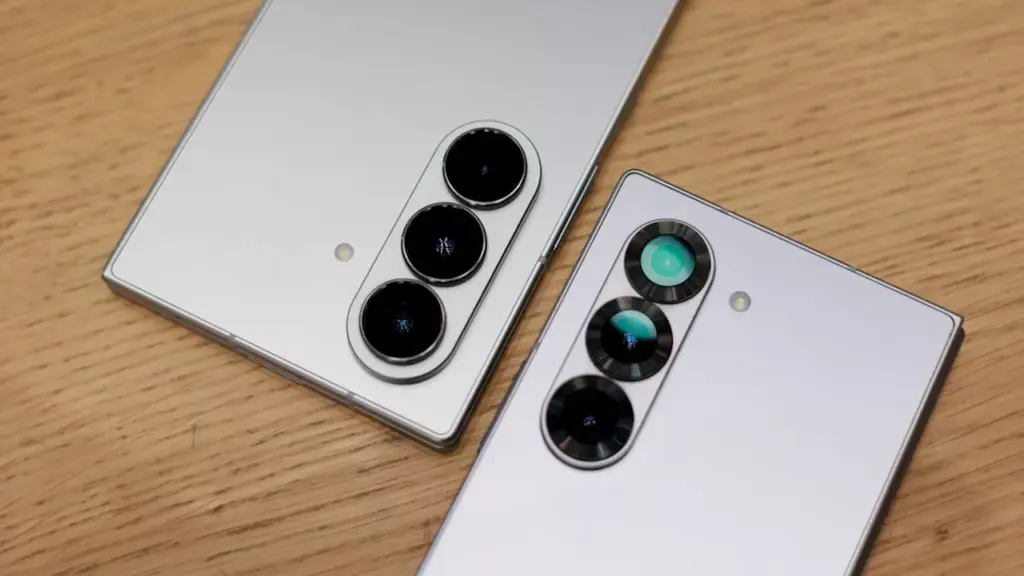
The landscape of the smartphone industry appears to be shifting, with Samsung increasingly perceived as a follower rather than a leader in innovation. Observers note that the company seems to be waiting for Apple to take significant steps before it responds with its own developments. This pattern raises concerns about the future of Samsung’s product line, particularly as competition intensifies.
Recent releases from Samsung, such as the Galaxy Z Fold 7, demonstrate impressive capabilities, yet the question remains: Why did Samsung suddenly enhance its foldable technology? After years of producing devices that struggled to keep pace with competitors, including Chinese manufacturers, Samsung has made strides, but many believe these changes are reactive rather than proactive.
One major push for innovation came with the introduction of the Galaxy Z Fold 7, which marked a significant upgrade from previous models. The timing of this release coincided with reports of similar devices from competitors, suggesting that Samsung’s motivation to improve was partly driven by competitive pressures. This strategy raises questions about the long-term vision for Samsung’s product development.
The company’s recent efforts have included the rumored Galaxy G Fold, a tri-foldable smartphone that aims to capture consumer interest in new form factors. However, speculation suggests that these innovations may be more about keeping up with Apple than establishing a unique market position. Samsung’s previous models, such as the Galaxy Edge series, have been well-received, but the future of these lines remains uncertain, particularly with reports indicating that the Edge series may be discontinued.
Samsung’s software developments also show signs of inspiration drawn from Apple. The introduction of features like the Now Bar appears as a direct response to Apple’s Dynamic Island. While Samsung’s One UI maintains certain distinctions from iOS, the similarities are becoming increasingly apparent. This trend of adopting elements from Apple raises concerns about original innovation within Samsung’s offerings.
As the competition heats up, consumers are left wondering about the implications for future products. Will Samsung continue to push the boundaries of technology, or will it remain in a reactive state, only innovating when prompted by competitors? The company has historically delivered cutting-edge technology, but many now question if that spirit of innovation is fading.
The ongoing rivalry between Samsung and Apple is further complicated by the presence of Chinese manufacturers in the market, although their impact in the U.S. remains limited. This dynamic could be contributing to Samsung’s cautious approach, where it appears content to follow Apple’s lead rather than forge its own path.
Looking ahead, the potential for Samsung to introduce groundbreaking products seems tied to its ability to innovate independently. As the tech landscape evolves, the expectation is that both Apple and Samsung will continue to enhance their offerings, particularly in areas such as battery technology. Both companies are rumored to be exploring advancements in silicon carbon batteries, which could significantly enhance device performance.
In conclusion, while Samsung has the capability to innovate, the current trajectory suggests a reliance on Apple to define the market. Whether this will change in the future remains uncertain, but the compelling question persists: Can Samsung reclaim its position as an industry leader in innovation, or will it remain content to follow? As the stakes in the smartphone market rise, only time will tell how this rivalry will shape upcoming products and technologies.







